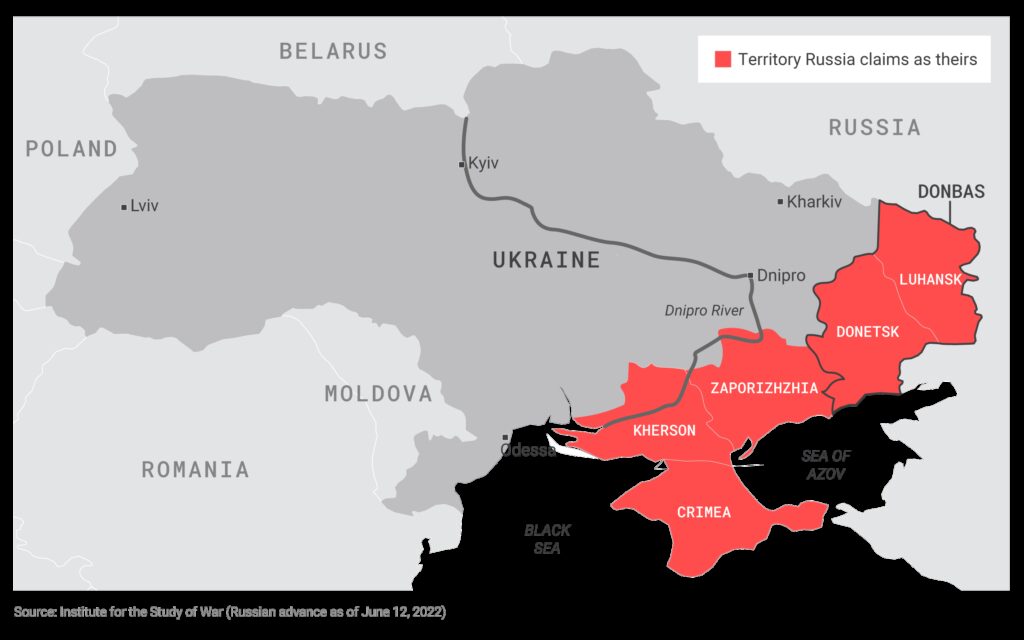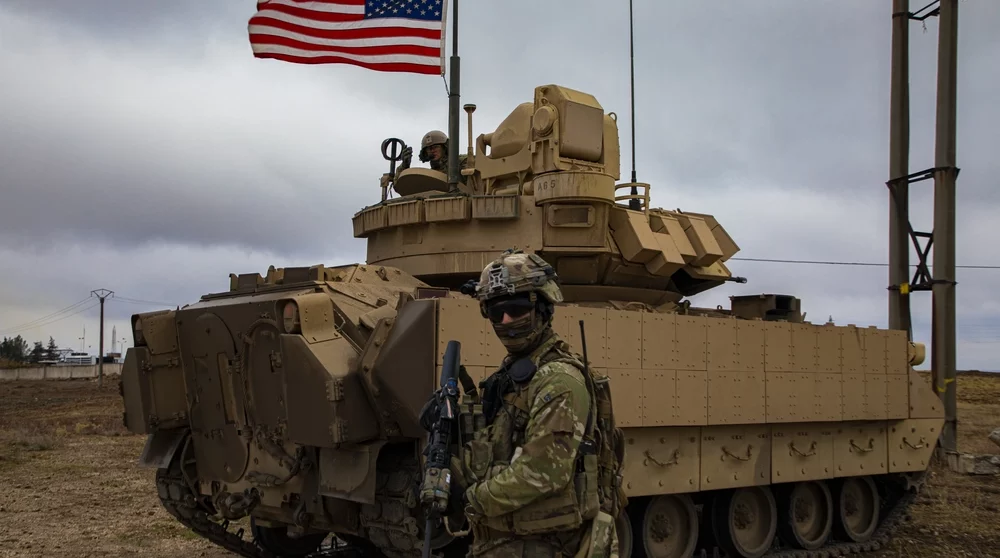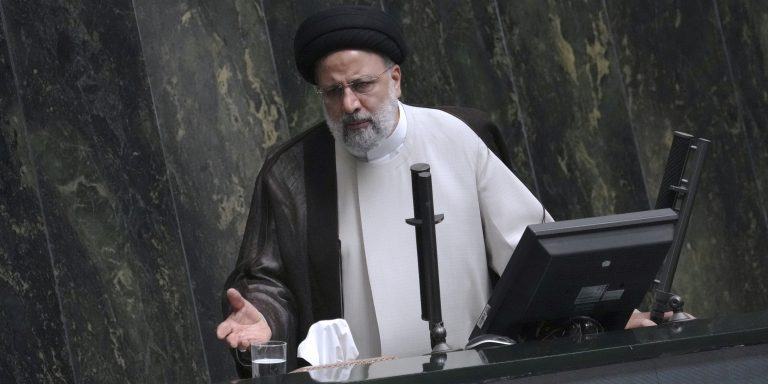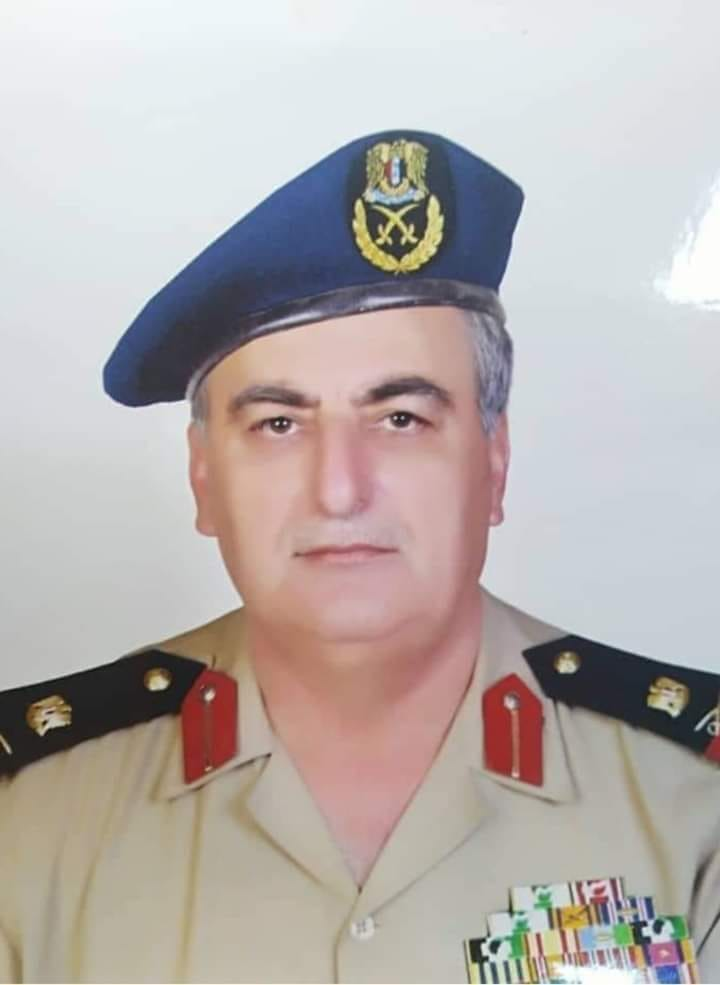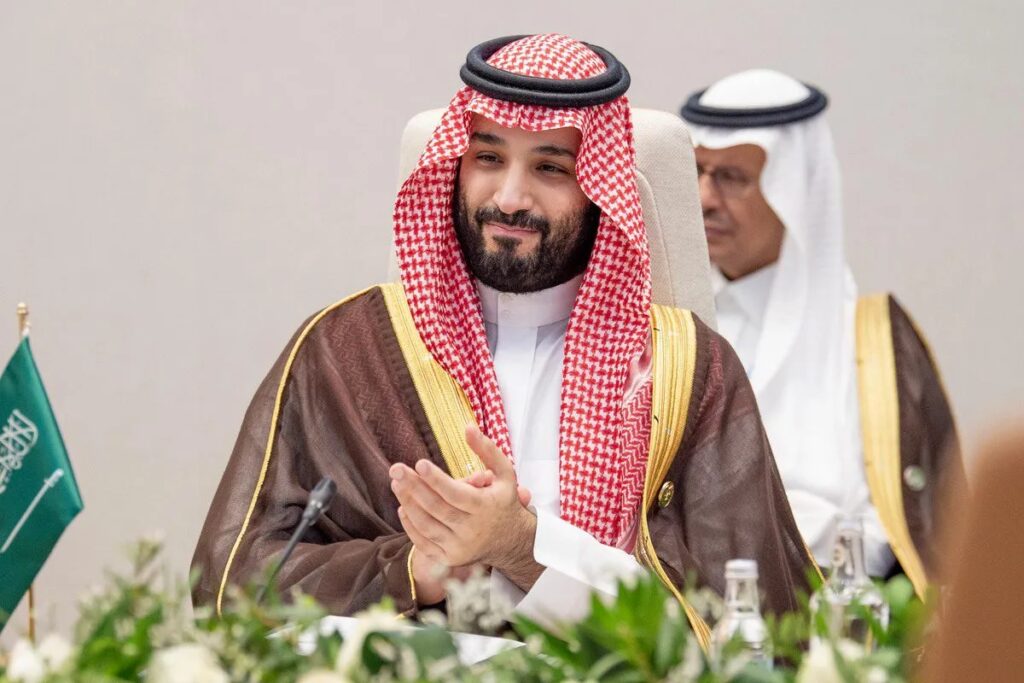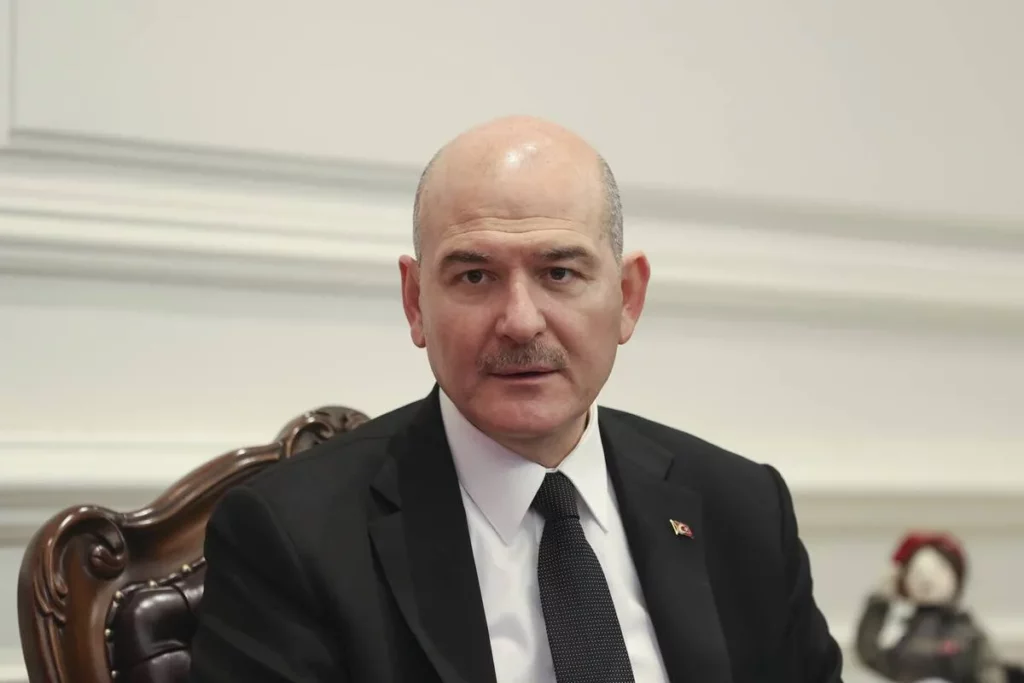APPLY THE LOGIC OF THE AFGHANISTAN WITHDRAWAL TO SYRIA
Russia’s invasion of Ukraine has entered its twelfth month. Reporting on the conflict understandably focuses on the day-to-day fighting and destruction, but it is important for Americans and U.S. policymakers to understand the larger issues raised by the war and the U.S. role in it. The following Defense Priorities analysis aims to improve understanding of these issues and what U.S. policy should prioritize as the war continues.
Map of Ukraine and contested territories
